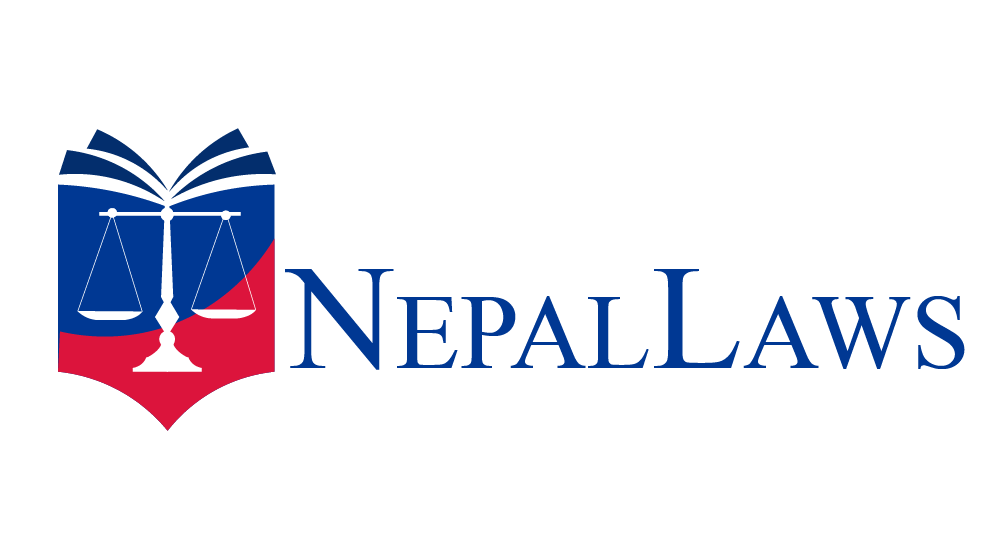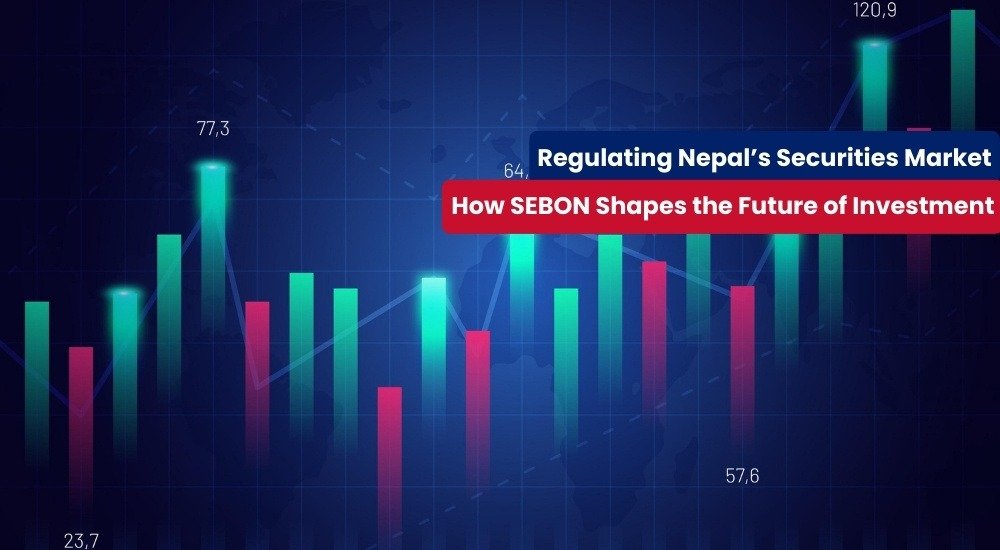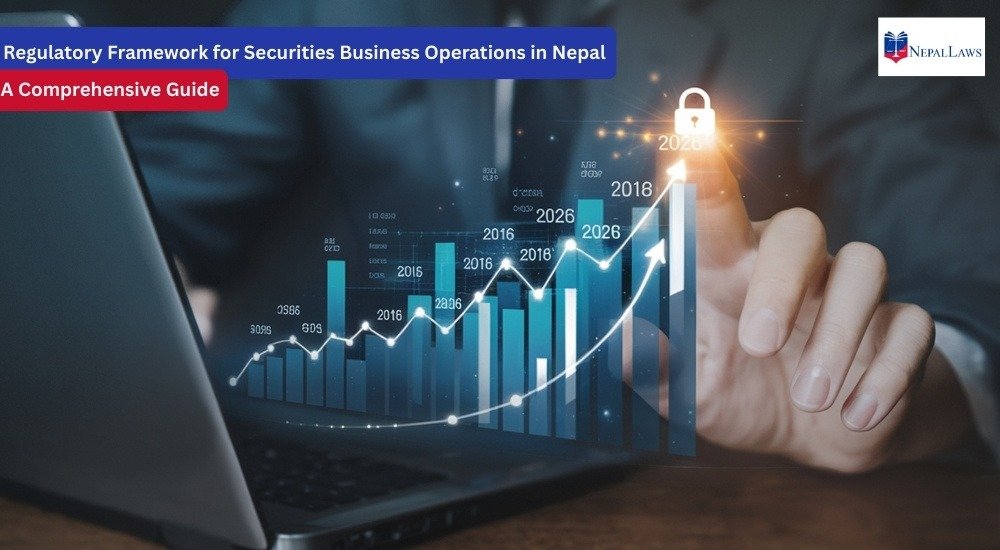The Securities Board of Nepal (SEBON) has traditionally regulated public companies, stock exchanges, and securities intermediaries. On Poush 18, 2081, SEBON’s mandate was expanded to include investment companies that meet certain capital or transaction thresholds, marking a significant step toward strengthening financial oversight. This development aims to improve anti-money laundering (AML) measures, enhance investor protection, and align Nepal with international financial standards, particularly in response to Nepal’s inclusion on the FATF grey list.
By extending oversight beyond traditional securities markets, SEBON addresses existing regulatory gaps for investment companies, ensuring that all major investment activities are properly supervised. This move represents a key development in Nepal’s financial sector, emphasizing transparency, accountability, and professionalism to stakeholders.
Which Companies Are Now Under SEBON’s Supervision?
SEBON now regulates investment companies that have a paid-up capital of Rs. Five crores or an annual transaction volume of Rs. Ten crores, including firms managing investment portfolios, venture capital, private equity, and real estate investment entities.
These thresholds ensure that larger, systemically important entities are monitored while smaller companies remain subject to lighter oversight.
Investment companies subject to regulation generally include firms primarily engaged in managing investment portfolios, venture capital and private equity companies, real estate investment firms, and other entities whose major business is investing in assets to generate returns.
Banks, insurance companies, provident funds, pension funds, and industrial companies investing incidentally remain outside SEBON’s scope.
While the notification does not provide an exhaustive definition, these guidelines enable SEBON to focus on entities that have a significant market impact.
What Is an Investment Company under Nepali Law?
An investment company in Nepal does not have a single, codified legal definition under any specific law.
That means the Companies Act 2063, Securities Act 2063, or other major laws do not explicitly define it.
However, in practice, these companies are recognised and regulated through a combination of legal provisions and regulatory guidance.
Most investment companies are registered as private or public companies under this Act.
While the Act does not define “investment company” directly, companies often specify in their Memorandum of Association (MOA) that their primary objective is investing in shares, debentures, mutual funds, or real estate.
Section 176(1) mentions companies whose sole objective is buying or selling securities, which can be interpreted as an investment company.
This Act empowers SEBON to regulate capital market participants.
While it does not define “investment company,” SEBON oversees companies engaged in securities trading, portfolio management, and collective investment schemes, which typically include functional investment companies.
SEBON’s authority to regulate investment companies also stems from this Act, specifically Section 7(na), sub-section (2).
Under this provision, the government can designate a regulatory body to supervise businesses based on risk exposure related to money laundering and financial transactions.
SEBON’s recent notification categorises investment companies based on capital and transaction volume for formal compliance oversight.
This Act lists “investment company” as a service-oriented industry in Schedule 8, again without a precise legal definition.
What Documents Are Required for Registration?
Investment companies must provide a comprehensive set of documents to SEBON:
- Formal Registration Application – Requesting SEBON oversight.
- Details Board of Directors – Names, addresses, contact info, qualifications, and disclosure of other directorships.
- Constitutional Documents – Memorandum and Articles of Association.
- Criminal Clearance Certificate – For the company and directors.
- PAN Certificate – Tax registration confirmation.
- Company Registration Certificate – From the Office of the Company Registrar.
- Shareholding Structure – Details of shareholders and beneficial owners.
- Board Authorisation Letter – Approving registration and representatives.
- Audited Financial Statements – Including balance sheet, Profit and Loss, cash flow, and auditor report.
- Details of CEO – Name, contact information, qualifications, and professional history.
These documents ensure SEBON can assess governance, transparency, and potential risks.

What Ongoing Compliance Obligations Will Regulated Companies Face?
Beyond registration, investment companies must meet ongoing reporting, governance, and AML obligations.
Periodic reporting includes annual audited financial statements, detailed investment and transaction reports, disclosures on portfolio composition and risk exposure, and updates on changes in ownership or board composition.
Corporate governance standards emphasise strong board oversight, the potential inclusion of independent directors, the establishment of internal audit committees, and clear policies to address conflicts of interest.
AML compliance remains a central focus, requiring Know Your Customer (KYC) procedures, transaction monitoring, employee training, record-keeping, and the appointment of an AML compliance officer.
SEBON also retains the authority to conduct inspections, review internal controls, and enforce compliance with regulations.
What Are the Consequences of Non-Compliance?
Failure to comply with SEBON regulations can result in administrative fines, suspension or revocation of registration, disqualification of directors, criminal prosecution, and reputational damage.
Severe violations, particularly those involving money laundering or terrorist financing, carry potential imprisonment and substantial penalties.
The lack of a specified registration deadline in the notification creates some uncertainty.
However, companies are advised to act proactively to avoid penalties and maintain their credibility in the market.
What Are the Challenges and Areas for Improvement?
Despite the benefits, several challenges exist:
- Ambiguities in Definitions - SEBON must clarify what qualifies as an “investment company” and the treatment of hybrid business structures.
- Capacity Constraints - SEBON needs skilled staff, technology systems, and policies to monitor companies effectively.
- Industry Readiness - Some companies may struggle to meet new compliance requirements, necessitating education and professional support.
- Enforcement Effectiveness - Consistent enforcement is critical to ensuring credibility and compliance culture.
How Does Nepal Compare Internationally?
Globally, countries have developed structured frameworks for investment companies.
The EU’s Alternative Investment Fund Managers Directive (AIFMD) regulates systemically important funds, while the US Investment Company Act of 1940 emphasises disclosure, fiduciary duty, and investor protection.
Singapore and India also provide targeted oversight with licensing, governance, and reporting obligations.
Nepal’s approach mirrors these practices but will require strong implementation and capacity-building to achieve comparable effectiveness.
What Are the Strategic Recommendations?
SEBON should issue detailed guidance, establish clear registration deadlines, build regulatory capacity, and coordinate with other agencies.
Investment companies should proactively prepare documentation, strengthen their governance, and establish a robust compliance infrastructure.
Investors should prioritise SEBON, regulated entities, and conduct due diligence, while policymakers must ensure sufficient resources and inter-agent cooperation.
These actions will collectively strengthen market integrity and support Nepal’s efforts to be removed from the FATF grey list.
What Is the Future Outlook for Nepal’s Investment Companies?
In the short term, SEBON’s regulation is likely to lead to increased registrations, market consolidation, and a demand for compliance professionals.
Over the medium term, the industry is expected to professionalise, attract institutional investors, and develop innovative products.
In the long term, Nepal can establish a mature, transparent, and globally integrated investment sector that supports economic growth, enhances investor confidence, and aligns with international standards.
Conclusion
SEBON’s expanded mandate is a transformative step for Nepal’s financial markets.
By formalising oversight of investment companies, the country enhances transparency, reduces risks of misconduct, and improves investor confidence.
For companies, compliance offers a strategic opportunity to professionalise operations and gain credibility. For investors, it strengthens protection and trust.
For Nepal, it is a vital step toward global financial integration, economic growth, and exiting the FATF grey list.
Ultimately, the success of this initiative depends on SEBON’s capacity, stakeholder engagement, and robust enforcement.
With effective implementation, Nepal’s investment companies can thrive in a more transparent, accountable, and globally aligned financial ecosystem.





